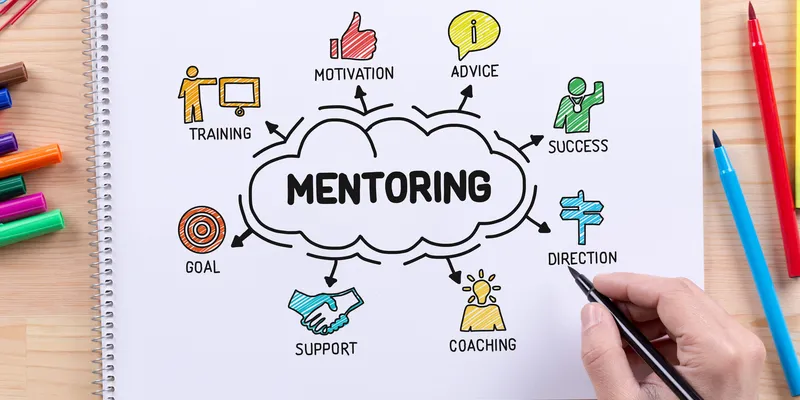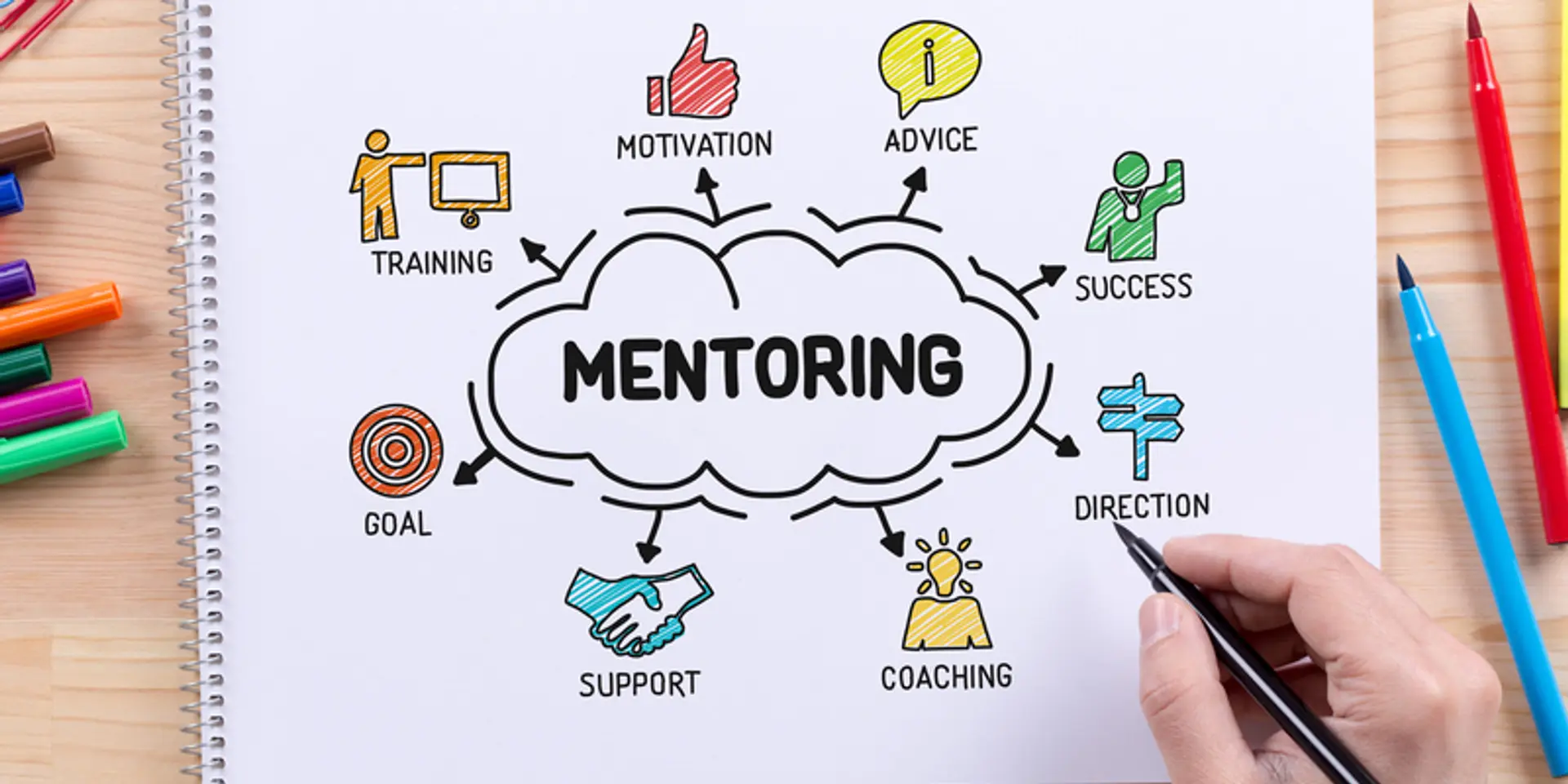How to get the most out of mentoring
Having a well-informed and inspiring mentor at work is one of the most valuable assets of your professional life. According to Terri A. Scandura, a management professor and graduate school dean at the University Of Miami, most Fortune 500 companies see mentoring as an important tool to help employees in personal and professional development and almost 71 per cent of them already have mentoring programmes in place. Various studies and surveys have also cemented the fact that mentoring has its advantages for both the parties involved. Studies show that employees who have mentors earn more money, are better tuned to the happenings of the organisation and are more productive than the rest of their team-members. They are even known to experience less stress and get promoted more rapidly.

Image : shutterstock
Now that we know why it is almost imperative to experience a mentoring partnership at work, here’s how you can make the most of this mentoring:
Be clear about your expectations
Before you enter a mentoring relationship, be clear of what you expect it to do for you. Do not treat it as one-way traffic and do not expect to be spoon-fed with solutions or contacts to help you move up in your career. Find out all you can about your mentor and understand what you can learn from them. List down your goals from this relationship and preferably share it with your mentor as well. When you meet them, let them know all they have to about you. Being transparent helps them identify ways in which they will be able to help you. But this does not mean that you dump your personal anxieties on them. You need not tell them all your goals on the first day itself, but as and when the relationship grows, keep opening up more and more.
Keep your ego aside
Understand that mentoring is a learning process and it as much about your mentor as it is about you. Don’t go into such a relationship looking for validation of your ideas.Jonathan Fields, author of Career Renegade and Uncertainty, talks about one of his meetings with an entrepreneur who wanted to “bounce off” his idea with the author. Until Fields was on his side and supported or validated his ideas, the entrepreneur seemed happy. The moment Fields started pointing out the problems with his business model, he started getting defensive. Mentoring is for you to grow as a professional and learn. If you are going to enter such a relationship with an inflated ego that allows no space to accept your mistakes and misgivings and accommodate new knowledge and skills, you are not going to take anything away from it. “A mentor's role is to provoke insight, not stroke ego,” Fields says.
Offer feedback
Even mentors expect something from this relationship, so communicate clearly with them. When they put in time and effort to guide you or give you advice, take it or explain to them why you will not be taking it. By being open to your mentor, they will understand your ideology and stand better, and this can maybe lead to the birth of a better idea. Let them know what is working and what is not in the relationship. If you think your mentor talks too much and doesn’t listen to your opinions, it is better to give them your feedback as soon as possible. Don’t waste both yours and your mentor’s time on ineffective things. Let your mentor know of things that are working as well so that it gives them a better picture of your expectations.
Give back
We can’t stress enough on how mentoring is a two-way street. It is not just about learning from your mentor. You too can teach them a thing or two. Your mentor may be an expert in their discipline, but that doesn’t mean they are omniscient. Play up on your strengths, and if you can teach them something they can use in their professional space, offer to do so. For example, if your mentor is a baby boomer, you may be able to help them with social media or technology in general. This give-and-take existence will only strengthen your relationship further.
Mentoring, if done well, can lead to immense satisfaction and professional success. But what you extract from your mentor depends solely on your attitude, willingness to learn and the way you treat your mentor. Remember that mentors can only guide you based on their experience.The final decisions will have to be made by you. So soak in all you can and get going on the way to success.







